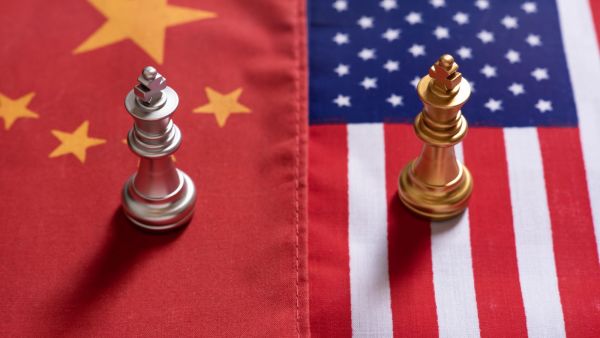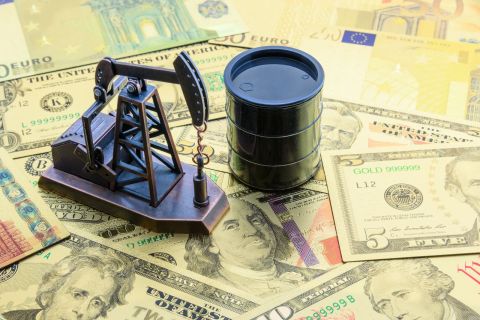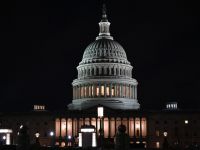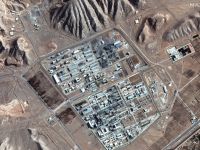US-China ties quietly improving as Israeli-allies contain fallouts of onslaught on Gaza
ALBAWABA – As Israeli forces stepped up the ongoing onslaught on Gaza, the European Union (EU) and United States (US) have been subtly pursuing new deals with China, in what seems as a bid to appease the Chinese to keep them out of the long-dreaded regional war, should it materialize.
Seven days after the surprise Gaza attack, a Chinese navy fleet reportedly surfaced out of nowhere off the coast of Oman, on October 11, making its way afterwards to an undisclosed destination.
In just a little over a week, news agencies began to report on “fruitful” US economic talks with China and on the biggest Euro-American manufacturer Stellantis buying stakes in a Chinese EV start-up. Even as the EU probes into China’s EV industry, citing state subsidies as a threat to European manufacturers.
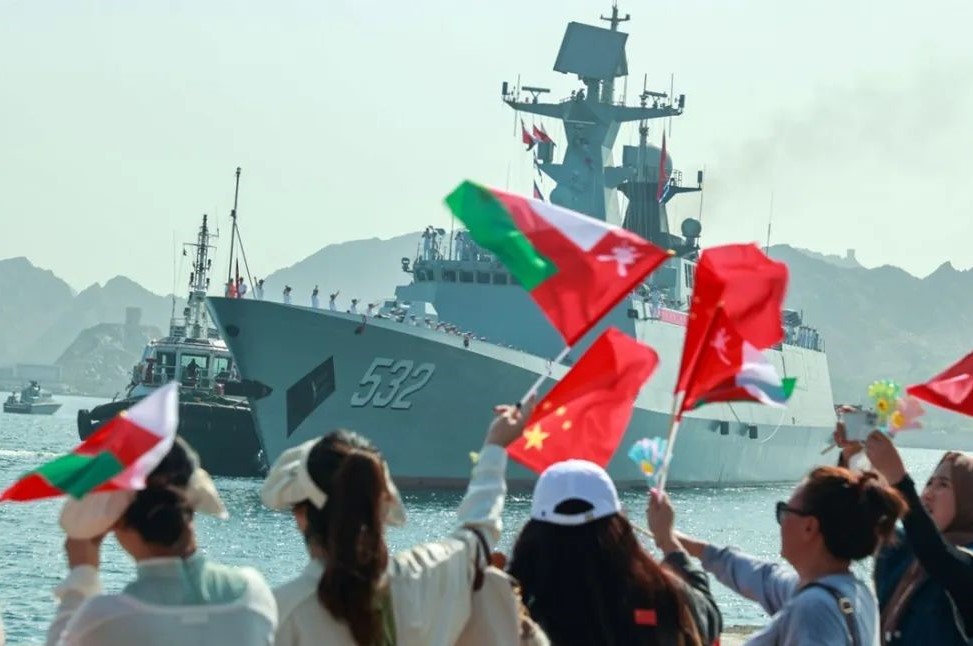
The 44th Chinese naval escort taskforce arrives in Muscat, capital of Oman, on October 10 - China Military.com.cn
After months of talks and mounting tensions, exchanging export bans and sanctions, the US and China hit a roadblock, resulting in the establishment of the “export control enforcement information exchange”.
Despite attempts by US officials to “De-Risk” deteriorating China-US ties, American sanctions, export bans and restrictions on AI and chipmaking industry-related investments kept coming in. The last of which were issued just days ago. So, what changed?
US seek rapprochement with China amid Israeli onslaught on Gaza
According to Agence France-Presse (AFP), US and Chinese officials held a "productive" first meeting on Monday, the Treasury Department said.
Also, global carmaker Stellantis announced on Thursday that it will buy a 20 percent stake in Chinese electric car maker Leapmotor.
The carmaker owns multiple brands, including Alfa Romeo and Jeep. And Under the deal, the Netherlands-based firm will spend $1.6 billion on the stake in Leapmotor, AFP reported.
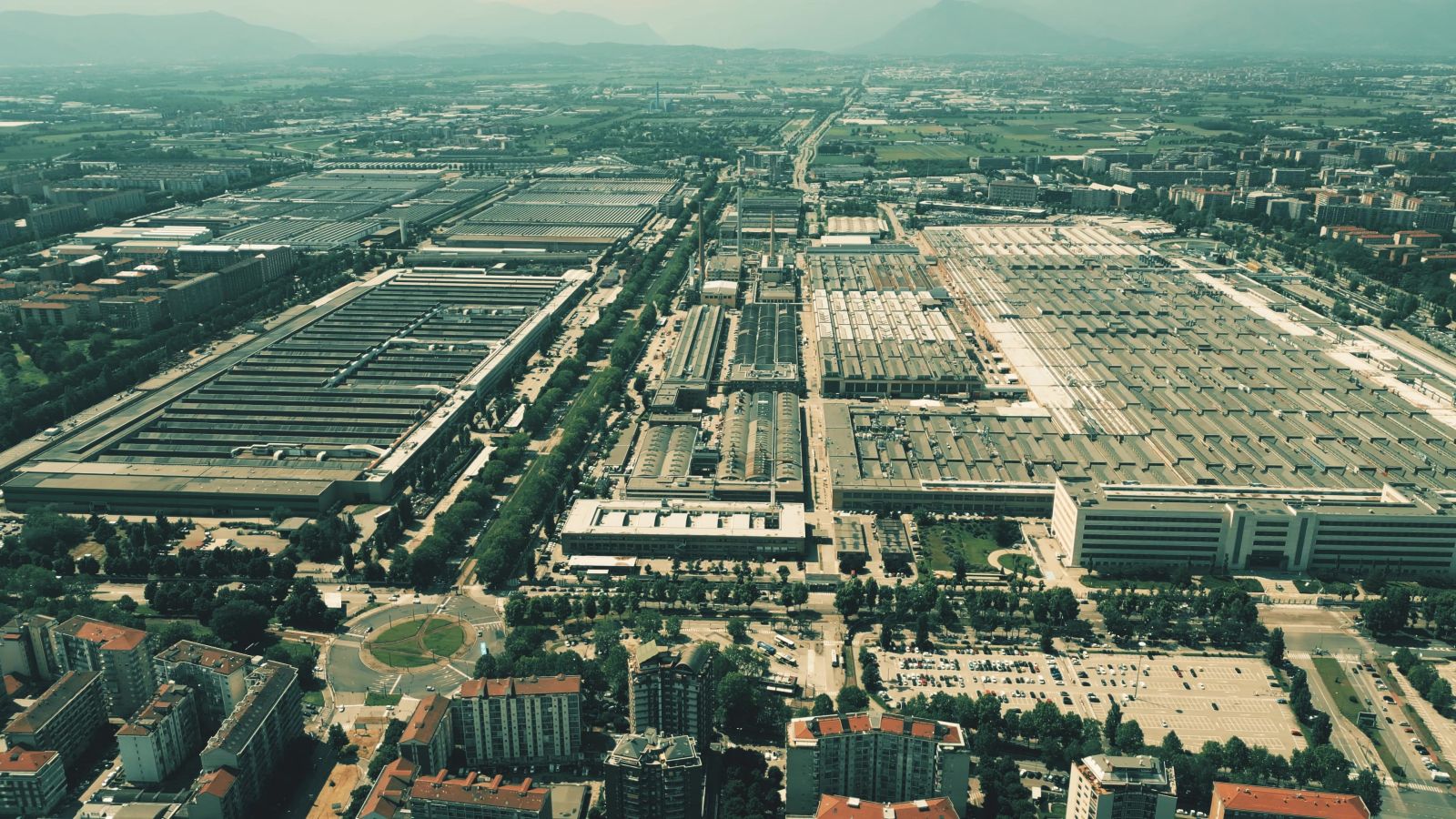
Stellantis is one of the largest carmakers in the world and is now suddenly purchasing stakes at a Chinese EV manufacturer amid rising Mideast tensions and the Israeli onslaught on Gaza - Shutterstock
The two firms will also establish a Stellantis-led joint venture, Leapmotor International, which will hold "exclusive rights for the export and sale, as well as manufacturing, of Leapmotor products outside Greater China", Stellantis said.
All of a sudden, China’s Foreign Minister Wang Yi is scheduled to arrive in Washington today, Thursday, Reuters reported, hoping to build on said fruitful talks. Right after Chinese President Xi Jinping said Wednesday that China is willing to cooperate with the US, state media reported.
US-China tensions mount as world’s two largest economies’ clash over onslaught on Gaza
Biden and Xi are expected to meet in San Francisco at the November Asia-Pacific Economic Cooperation (APEC) summit, hopefully, to build on the outcomes of foreign minister Wang’s visit to the US over the next few days.
Also, earlier this week, Xi fired Li Shangfu as defense minister amid reports of a corruption probe.
Li is a US-sanctioned Chinese official, according to Bloomberg, and replacing him with a non-sanctioned official may open the door for further talks with the US on lower levels.
However, China’s position on the Israeli onslaught on Gaza “continues to put it at odds with the US”, Bloomberg reported. Adding that “the crisis will likely appear high on the agenda” for Wang this week. Especially after US ambassador to China Nicholas Burns called on Xi’s government, in an interview with Bloomberg TV last week, to denounce the surprise Gaza attack, carried out by Hamas.

President Xi Jinping's positions on the surprise Gaza attack and the Israeli onslaught on Gaza have put China at odds with the US, on top of everything else - Shutterstock
Of course, without fail, Israeli authorities were quick to implicate Iran in the surprise Gaza attack, an ally of China and a member of the BRICS bloc.
US officials have attempted to de-escalate the situation by reaffirming that there was no evidence that Iran played a role in the surprise Gaza attack. But occupation forces have persistently bombarded Syrian and Lebanese military and logistical assets in retaliation.
In the meantime, border clashes are intensifying in the northern areas of Israeli-occupied Palestine, with allies of Iran in Syria and Lebanon. Namely the Syrian regime, Al-Quds Brigades and most importantly Hizbollah.
As fears mount over the possibility that the Israeli onslaught on Gaza spirals into a regional war, the Chinese discretely deploying a navy group in the region might have raised some flags.
The onslaught on Gaza and the Iran-China-Russia love triangle
Occupation authorities eventually ceded to there being no evidence of direct involvement by Iran but insisted on Hamas receiving support and armament from the Iranian regime.
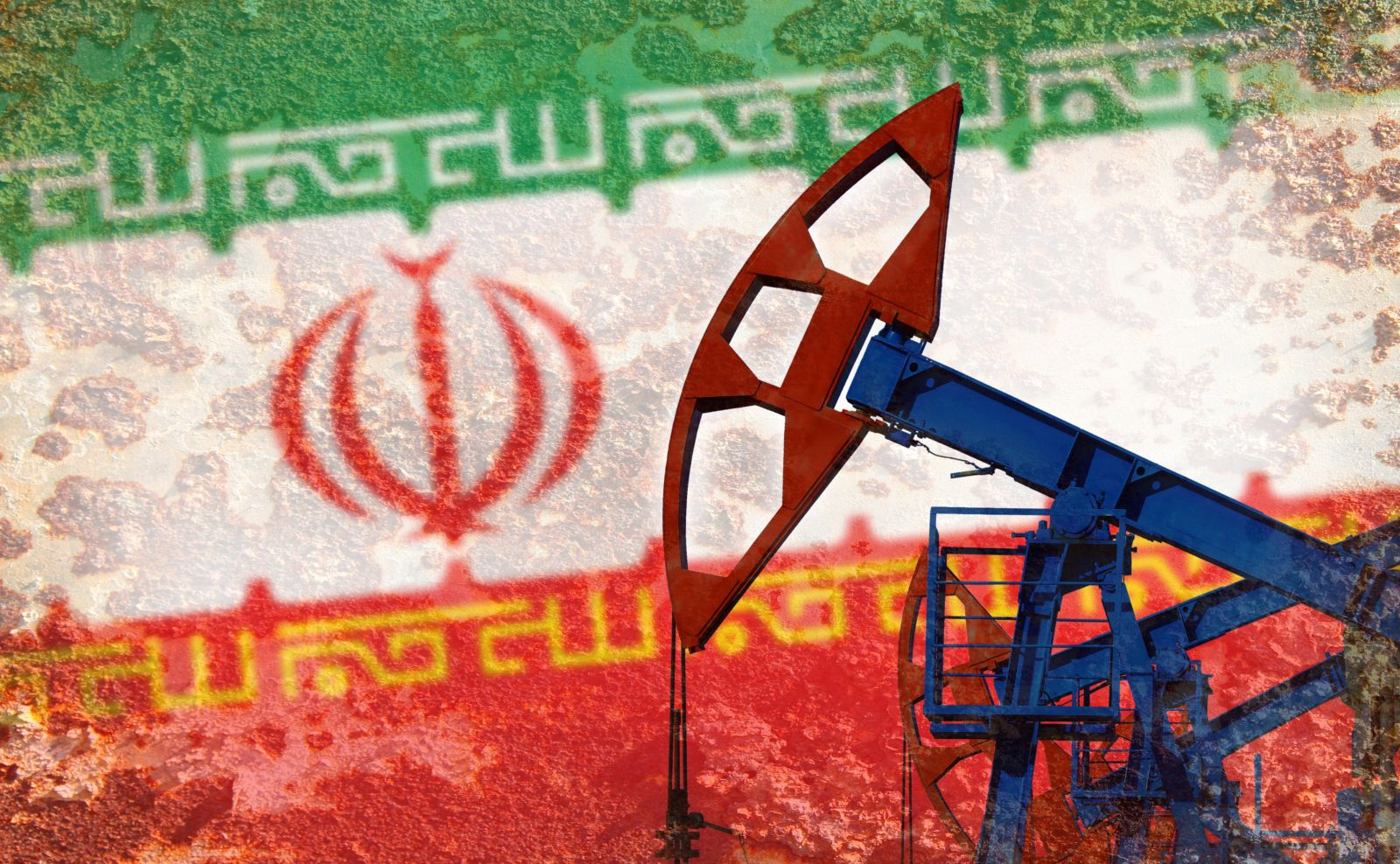
China has benefited from sanctioned Iranian oil and is unlikely to abandon Iran should the onslaught on Gaza spiral into a regional war - Shutterstock
Notably, China has maintained subtle but strong ties with Iran over the years, particularly in terms of oil trade and military technology, with Chinese oil imports from Iran set to hit record highs in 2024.
China and the US have taken opposite stances on the wars and conflicts in Europe and the Middle East. Meanwhile, Washington is tightening trade curbs to kneecap Beijing’s access to cutting-edge tech.
China’s private sector has relied significantly on illicit oil imports from sanctioned countries, including Iran, saving the Chinese economy at least $10 billion in 2023.
Iran became a full member of the BRICS economic bloc in 2024, along with five other countries, and has since maintained strong relationships with Russia as well, to whom the Iranians reportedly exported military equipment used in the Ukraine war.
The question remains: would China have abandoned their Iranian allies had the Israelis been successful in dragging Iran into the conflict that could still unfold as the onslaught in Gaza intensifies? Is that why China positioned its navy group in the region early in the conflict? Is that why the US is rushing deals to rebuild US-China ties in an attempt to pacify the silent global power?


